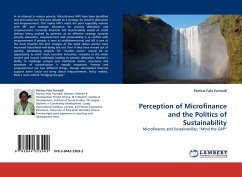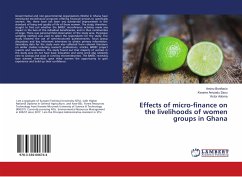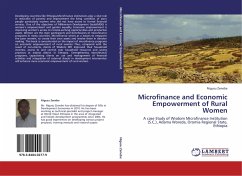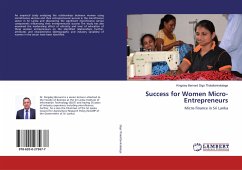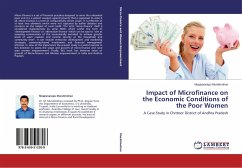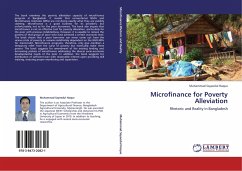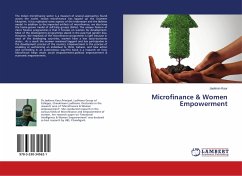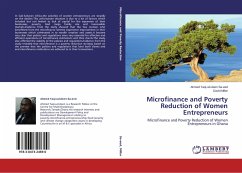In an attempt to reduce poverty, Microfinance (MF) have been identified and promoted over the past decade as a strategy for poverty alleviation and empowerment. This makes MFI's reach the poor especially women with MF and strategic education for poverty alleviation and empowerment. Currently Financial Self Sustainability model of credit delivery being pushed by partners as an effective strategy towards poverty alleviation, empowerment and sustainability is in conflict with empowerment if poverty is seen as multidimensional and MF is one of the tools towards this end. Analysis of this book shows women have improved household well-being but not clear if they have moved out of poverty. Developing projects for market access would be an opportunity to enter more lucrative industries, compete in the wider market and sustain livelihoods leading to poverty alleviation. Women's ability to challenge cultural and traditional norms, structures and processes of subordination is equally important. Poverty and empowerment are two different things, though interrelated financial support alone could not bring about empowerment. Policy makers, NGO's must rethink bridging the gap
Bitte wählen Sie Ihr Anliegen aus.
Rechnungen
Retourenschein anfordern
Bestellstatus
Storno

